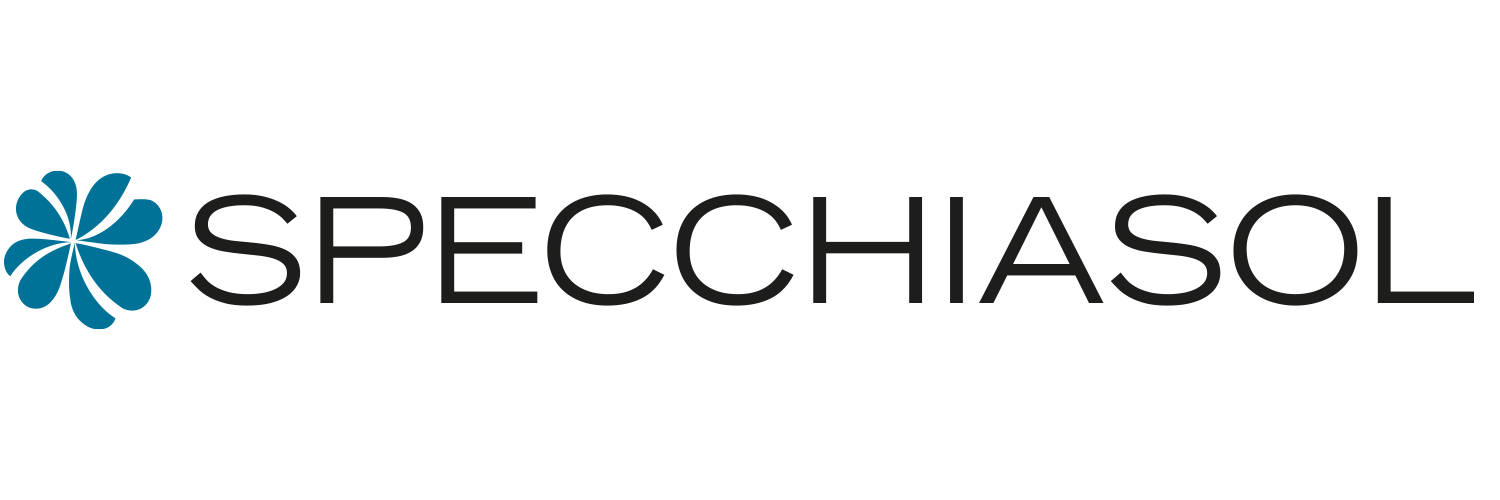Fibres for intestinal well-being
A fibre-rich diet is a guarantee of good health and also helps combat even serious diseases. Fibres rich in chlorophyll in fact perform a beneficial protective, anti-acid, prebiotic action, promoting normal bowel activity.
The beneficial properties of fibres
Fibres are the portion of plant foods which are neither digested nor absorbed by the human body. They consist mainly of polysaccharides. A lack of dietary fibres causes slowed bowel activity, the reduced elimination of waste, and increased absorption of nutritional substances with a tendency for obesity. One of the main activities of fibres is therefore to stimulate bowel movements. The anti-cholesterol action of fibres derives from a lower absorption of fats and cholesterol itself in the intestine, and the intensified elimination of cholesterol in the bile. Perhaps the most interesting aspect of the protective role played by a fibre-rich diet is its lower impact on blood sugar and insulin levels. Fibre-rich foods in fact have a low glycemic index.
In Italy, the guidelines of the National Institute of Research on Food and Nutrition (INRAN) recommend a fibre intake of around 30 g per day, preferably obtained through frequent consumption of fibre-rich foods or else resorting to concentrated fibre supplements.
Eating green
Based on the statistics of the World Health Organisation, Italy is the highest ranking country in the world for the consumption of fruit and vegetables with 213 Kg of vegetables per capita every year, and 132 Kg of fruit. These products are extremely important insofar as rich in vitamins, protein, micronutrients, but above all fibre.
Fibre as prebiotics
Many soluble fibres such as inulin, lactoferrin, fructo-oligosaccharides, have a prebiotic action. Prebiotics are the non-digestible parts of foods that work to support and stimulate the growth and activity of intestinal bacteria, considered useful and beneficial for the human body.
Fructo-oligosaccharides (FOS)
Fructo-oligosaccharides (FOS) are prebiotics fermented mainly by certain types of bifidobacteria and lactobacilli. Their assimilation considerably increases the presence of short chain fatty acids. In addition to maintaining a healthy microbial environment, these fatty acids supply up to 70% of the energy used by the epithelial cells of the colon, improving the integrity and continuous regeneration of the intestinal mucosa. The foods most rich in FOS include chicory, Jerusalem artichokes, artichokes, legumes, whole wheat flour, bananas. As a supplement, FOSs are used mainly to normalise bowel activity in case of constipation.

 Specchiasol
Specchiasol Specchiasol
Specchiasol



 Specchiasol
Specchiasol Specchiasol
Specchiasol